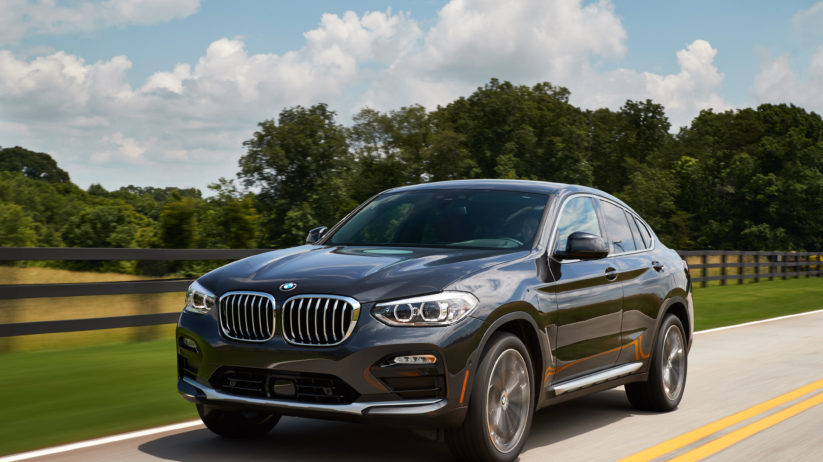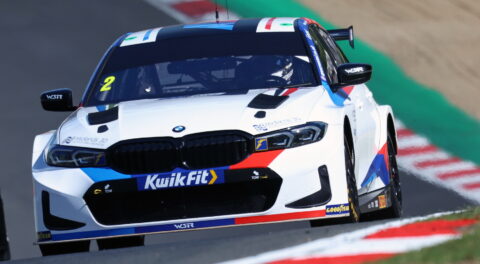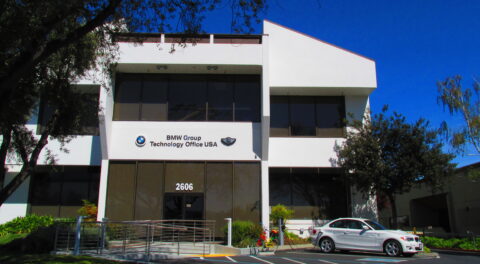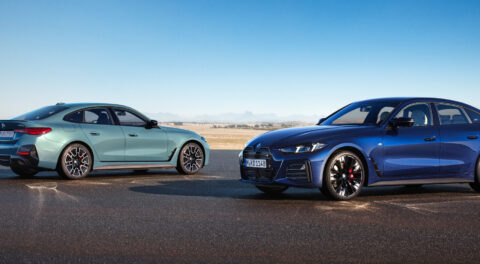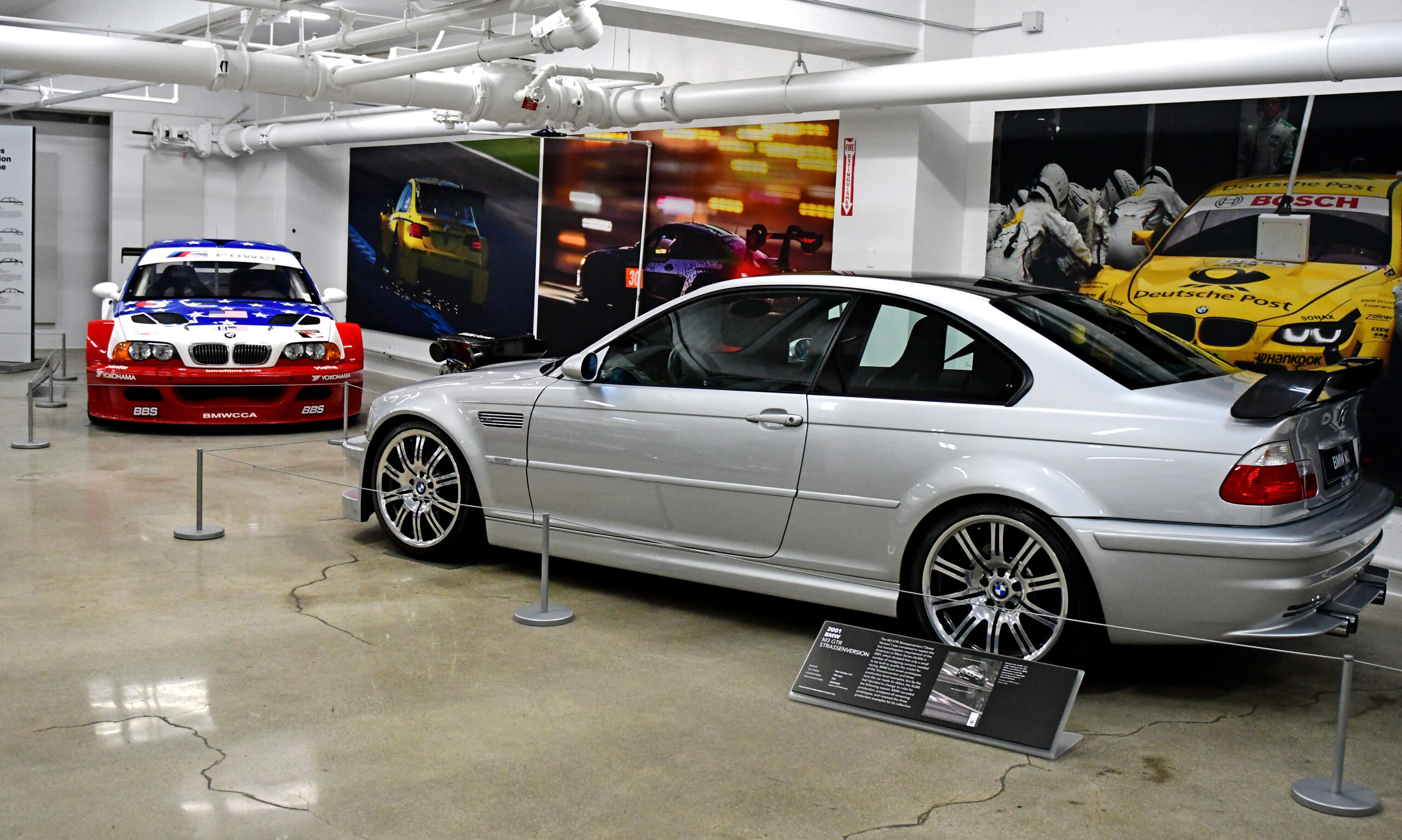BMW brand sales grew 7.5% to 31,627 during June on a year-over-year basis in North America, a substantial increase that was driven primarily by X models such as the X3 and X7, while traditional offerings such as the 5 Series and 3 Series also contributed. MINI sales continued to shrink, decreasing 22% in June with 3,235 units sold, and just one model experiencing sales over the 1,000 unit threshold. Year-to-date, The BMW brand is positive by 2% thanks to 156,440 deliveries, while BMW of North America as a whole remains down 1.1%, with unit sales decreasing from 176,022 to 174,023. The shift towards SAVs and SACs also remains clear, with BMW light truck sales up 43.4% in June and 31.7% for the year, while passenger car deliveries were down 11.8% last month, and 14.5% for the first six months of 2019.
The X3 really stole the show though, with that model—BMW’s most popular largely since introduction of the third generation—topping 7,000 deliveries in June (7,052 to be specific), growth of 31.4%. Although it sells in fractional numbers compared with the X3, the X4 also did quite well, with 864 deliveries taking place. The fourth generation of the X5 is proving to be a solid followup to the last version, with sales marginally eclipsing last year’s levels. The X7 might be partially to blame though, with 2,214 of BMW’s largest vehicle finding new homes during June—product cannibalization can be good thing, if the result is customers opting for the higher end model.
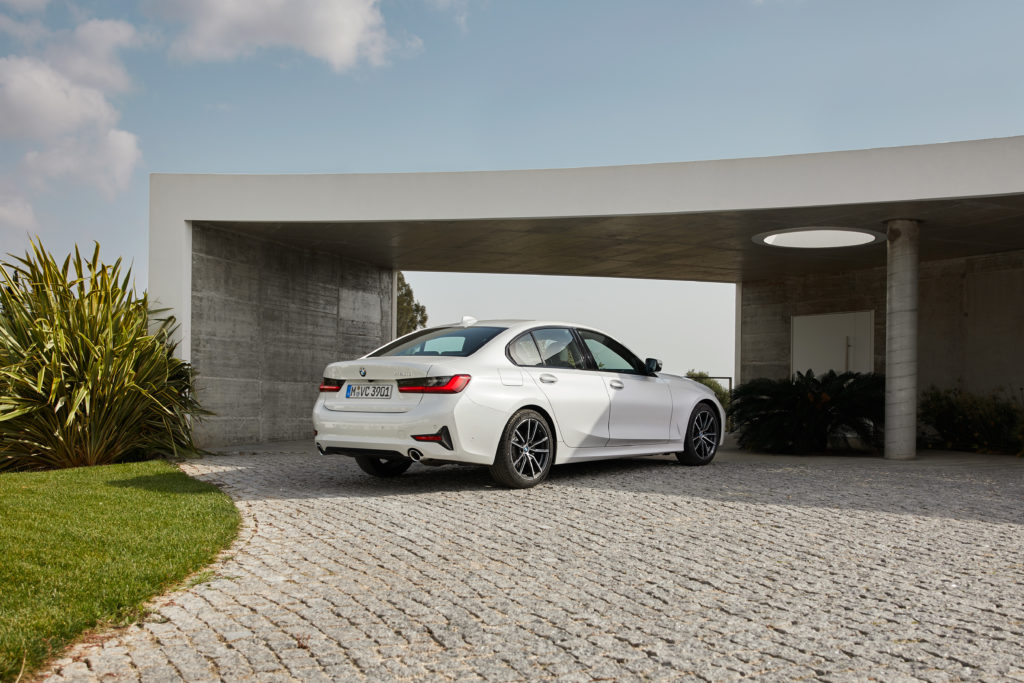
The seventh-generation 3 Series is also establishing itself as a good follow up to over 40 years of tradition, with the G20 seeing steady demand and growth as it became fully available. Six-cylinder models just recently started showing up at dealerships over the past few months, and during June, 4,927 3 Series were sold, a healthy expansion of 38.7%. The 5 Series is also demonstrating its dependability and its presence as a staple of the BMW brand, with sales growing 45.2%, to 4,473 units.
BMW Group Electrified sales dove another 22.8% during June compared with last year, but as has been explained in previous sales reports, the dip has been repeatedly attributed to important model changeover. For example, electrified versions of the 3 Series, X3, and X5 are all in the midst of generational changeover right now, with new plug-in hybrid models on the horizon. Conversely, i8 sales have been on something of a tear lately, with 280 sold during June, thanks to demand that is likely driven by the roadster version becoming available over the past few months.
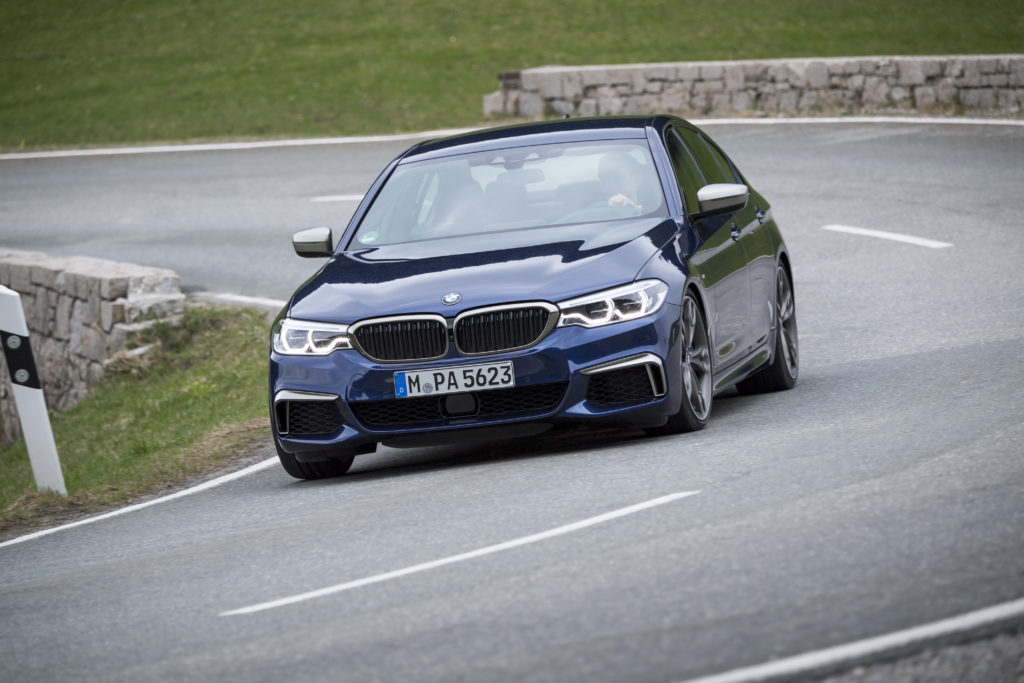
MINI sales continued to lag, carding another double-digit decline through June. Deliveries of 3,235 units translated to a decrease of 22%, and just one model, the Countryman, broke the 1,000 unit threshold. The situation isn’t likely to improve in the near future, either. Pricing for the 2020 MINI lineup was just released, with an increase for the Cooper, while at least one automotive dealership chain will consolidate BMW and MINI sales into a single dealership presence, something that has been hotly contested ever since BMW took ownership of the brand approximately twenty years ago. A MINI EV is scheduled to be released, or at least unveiled later this year, but it may be too little, too late to reinvigorate sales. At least one dealership is suing BMW for not investing in the small-car brand as BMW enacts something of a rescue plan. Fiat is facing similar troubles, and Smart plans to cease U.S. sales in the near future.
Pre-owned sales decreased across the board in June. Total BMW pre-owned deliveries amounted to 20,629, a decrease of 8.9%, while BMW certified pre-owned (CPO) sales of 9,783 were down 15.7%. MINI pre-owned sales decreased 21.7% to 2,690, while MINI CPO deliveries came in at 1,199, or 22.8% less than June of 2018.—Alex Tock
[Photos courtesy BMW AG.]

